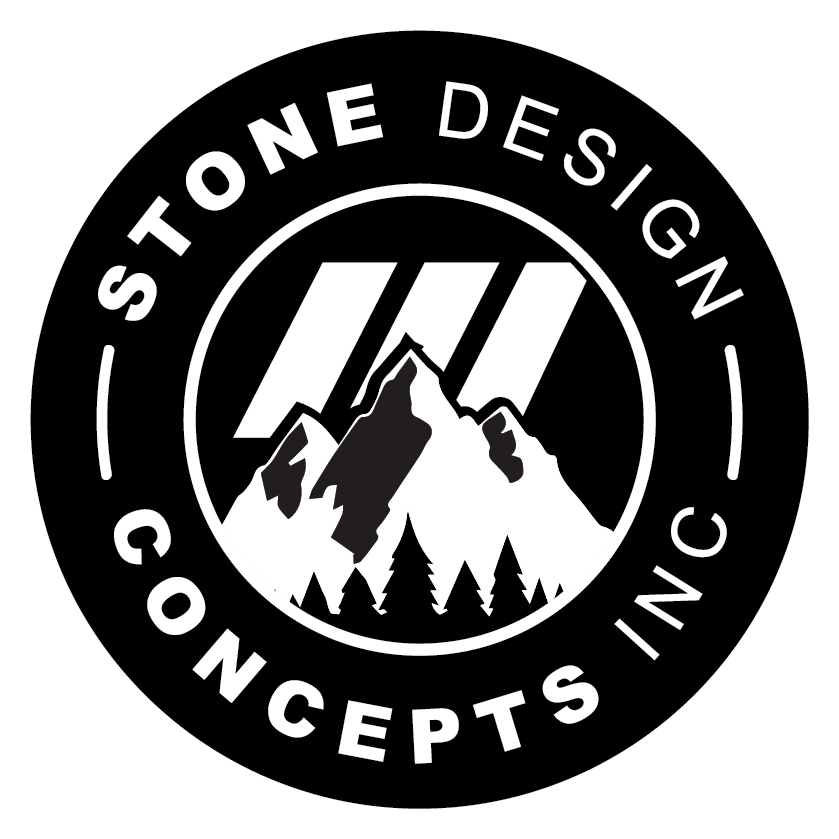Quartz counters are a great addition to any kitchen and bathroom, they’re durable, colourful, natural, and modestly priced (the price for quartz begins at 45$/ft.). With so many stone options on the market today though, it can get a little overwhelming, trying to keep it all straight. That’s why we put together this guide on Everything You Need To Know About Quartz Countertops. We’ll start with 5 need to know facts about quartz and follow up with the pros and cons of having quartz in your kitchen and bath.
1. IT’S EXPENSIVE…. BUT NOT TOO EXPENSIVE
Quartz is usually (but not always) slightly less expensive than granite. The cost of quartz comes in a range depending on the brand and quality of the stone, but you can expect to see some lower quality stone for $40 per square foot and options up to $150 per square foot (for the super high end). The final cost also depends on the thickness of the slab, its length, and the complexity of your design. It’s best to use a local company; not just because you can see samples of their finished product, but by working with an Ottawa supplier, you’ll save on the installation costs too.
2. HOW IT’S MADE
If you do choose to use a local company, check them out in person, you’ll be able to see what they mean by “man made”. Most quartz manufacturers label their counters as “man made”, because about 93% of the final slab of quartz that you see is made out of ground quartz, with about 7% containing resins, polymers, and colors. This is why there’s such a beautiful variety of quartz countertops available. Once you decide on your countertop, it’ll be cut down and customized to fit your design/layout, including details such as cutouts for sinks and appliances.
3. HOW IT DIFFERS FROM GRANITE
While both quartz and granite are stone, as we discussed earlier, quartz has 7% of resins and colors. Granite on the other hand is 100% stone. This is why many people prefer quartz since it’s scratch and chip resistant, as well as non-porous which means it’s impervious to stains. Granite can be chipped and stained if you don’t seal it properly. Even the smallest of spills can last forever.
4. IT BELONGS INSIDE
Quartz is great in your kitchen and bathroom, but you don’t want to use it in an outdoor kitchen. UV exposure can affect the pigments. After a few years, your outdoor kitchen would end up looking very different from your original vision.
5. EASY GOING MAINTENANCE
For the most part, warm, soapy water is all you need to clean your quartz counter. These counters are pretty low maintenance, in fact, you want to avoid using abrasive cleaners or chemicals altogether. If you do spill, it’s best to wipe it up as soon as possible. Quartz might be stain-resistant, but it’s still possible, especially if the stain is acidic, or left too long. THE CONS OF USING QUARTZ
- Cost is the biggest downside to quartz. While less pricey than some other natural stone, quartz is still expensive compared to laminate counters.
- The beautiful colours are best if used away from the sunlight. Using quartz in an outdoor kitchen is out of the question because the UV rays can break down the resin. You’ll also want to watch where you’re placing it in your home, even though a window, the sun could affect the appearance and quality of the stone.
THE PROS OF USING QUARTZ
- Being non-porus means it’s resistant to mold, mildew, and stains. Not only is your counter easy to clean, but it stays healthy and safe year after year.
- It’s available in a variety of colours. This makes designing your space easier and fun.
- The counters are very durable, holding up against most scratches and chips.
- With quartz you’re able to include the beautiful natural look of stone, increasing your home’s value, for less than it would cost to work with other stones.
